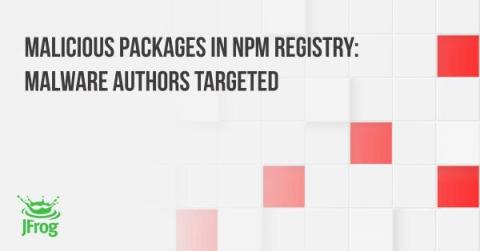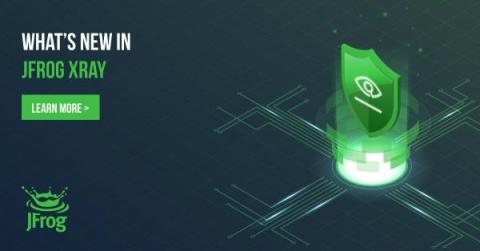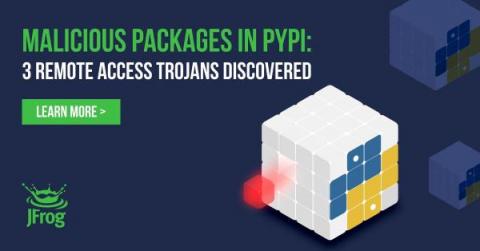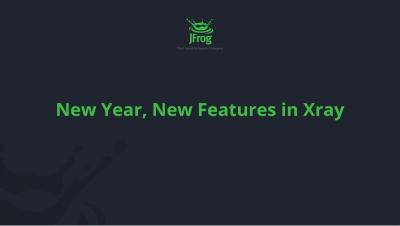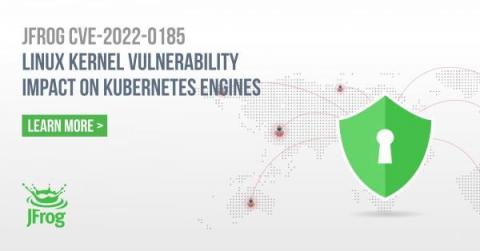Customizing the JFrog Xray Horizontal Pod Autoscaler
In cloud native computing (Kubernetes in our case), there is a requirement to automatically scale the compute resources used for performing a task. The autoscaling cloud computer strategy allows to dynamically adjust the active number of application servers and allocated resources instead of responding manually in real-time to traffic surges that necessitate more resources and instances.




